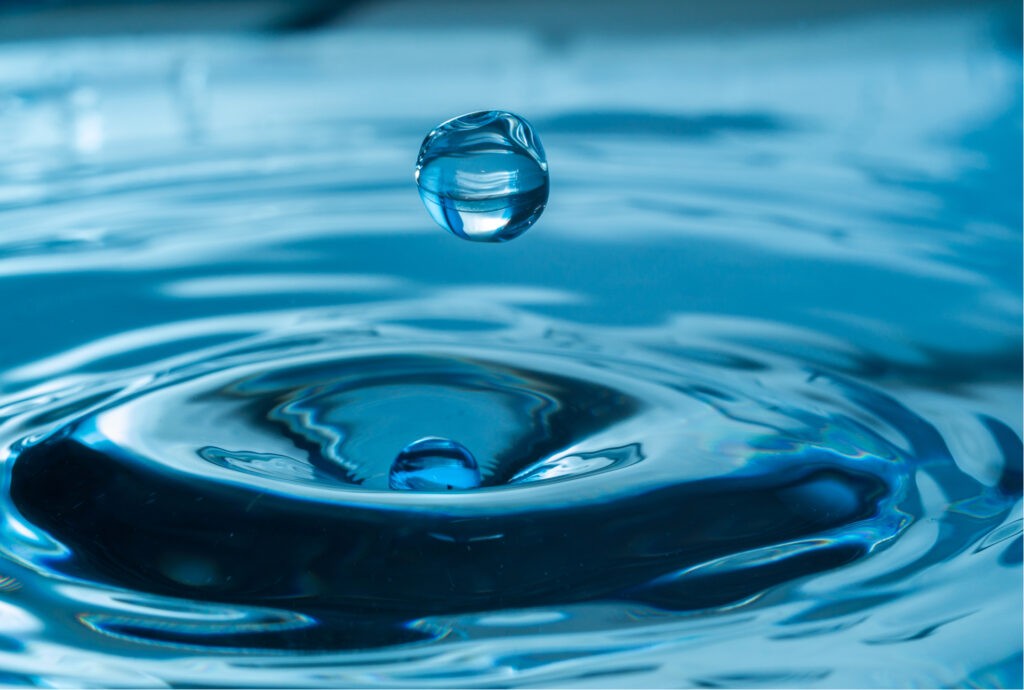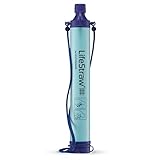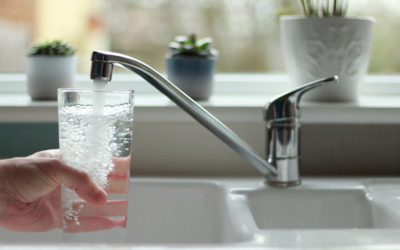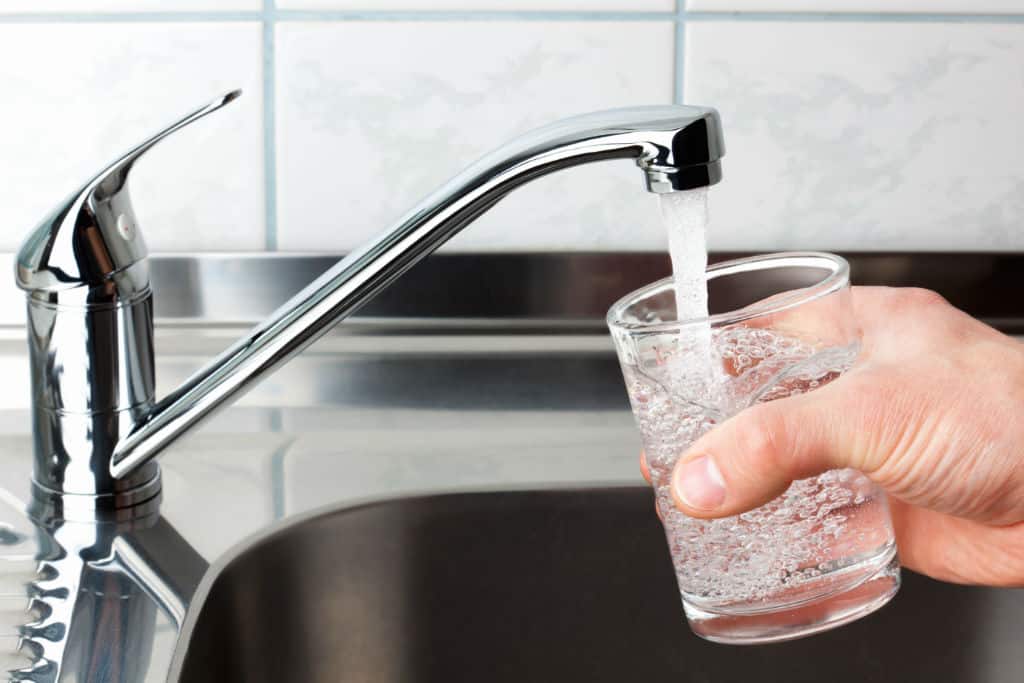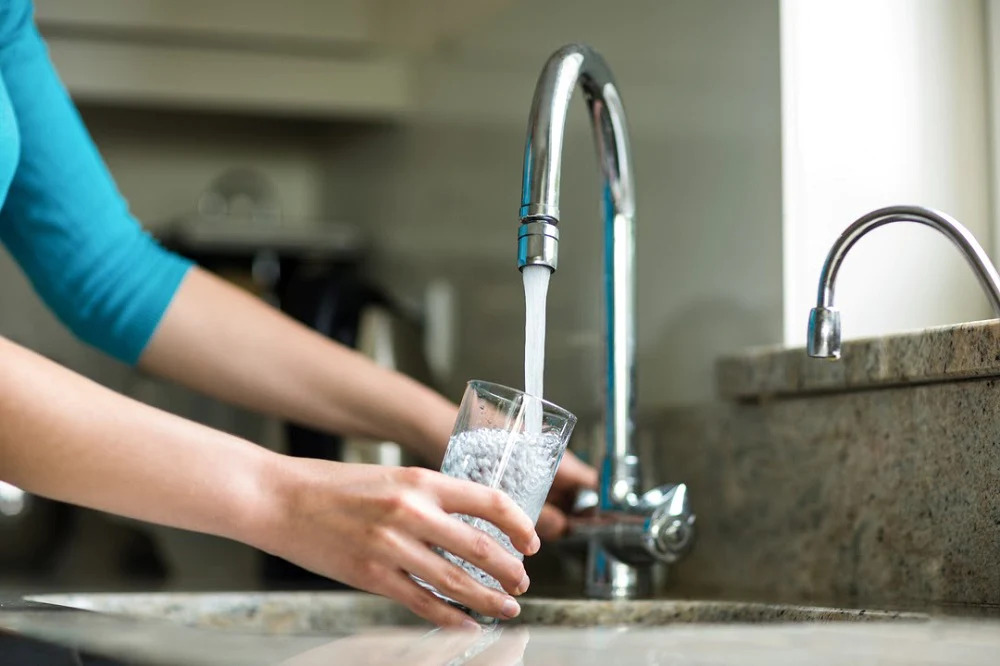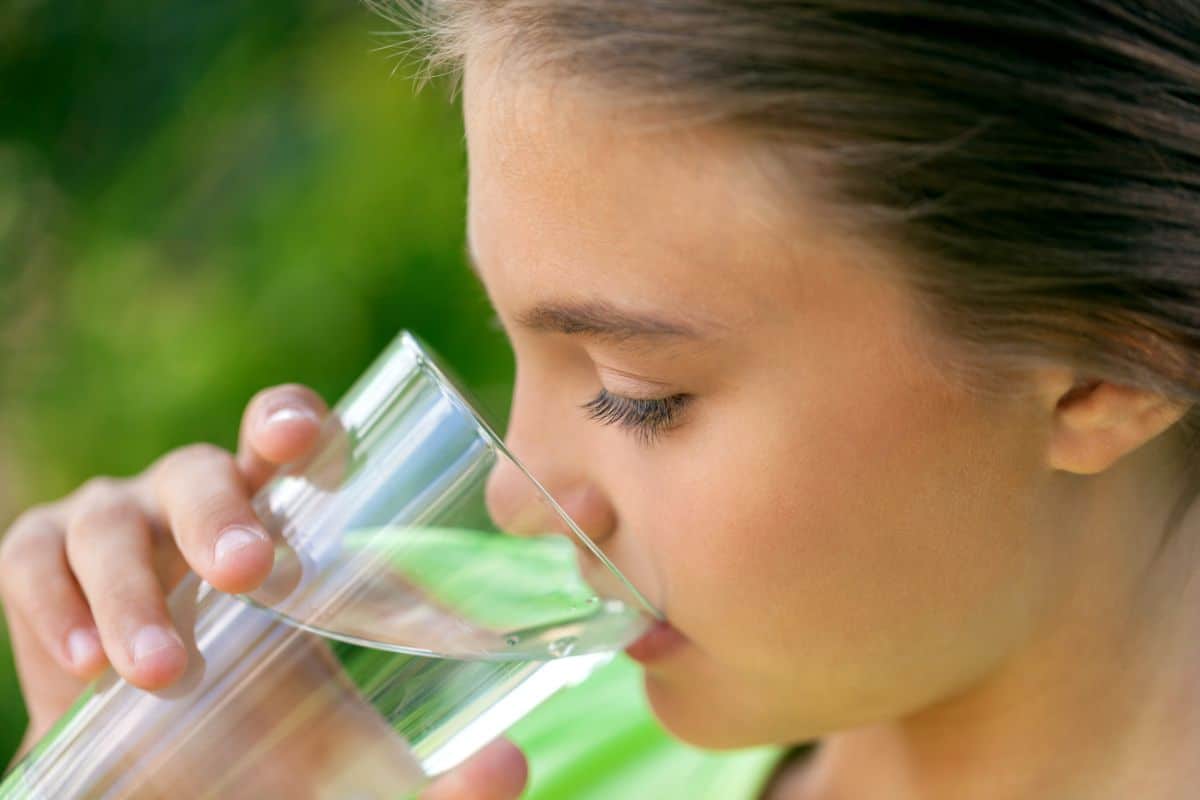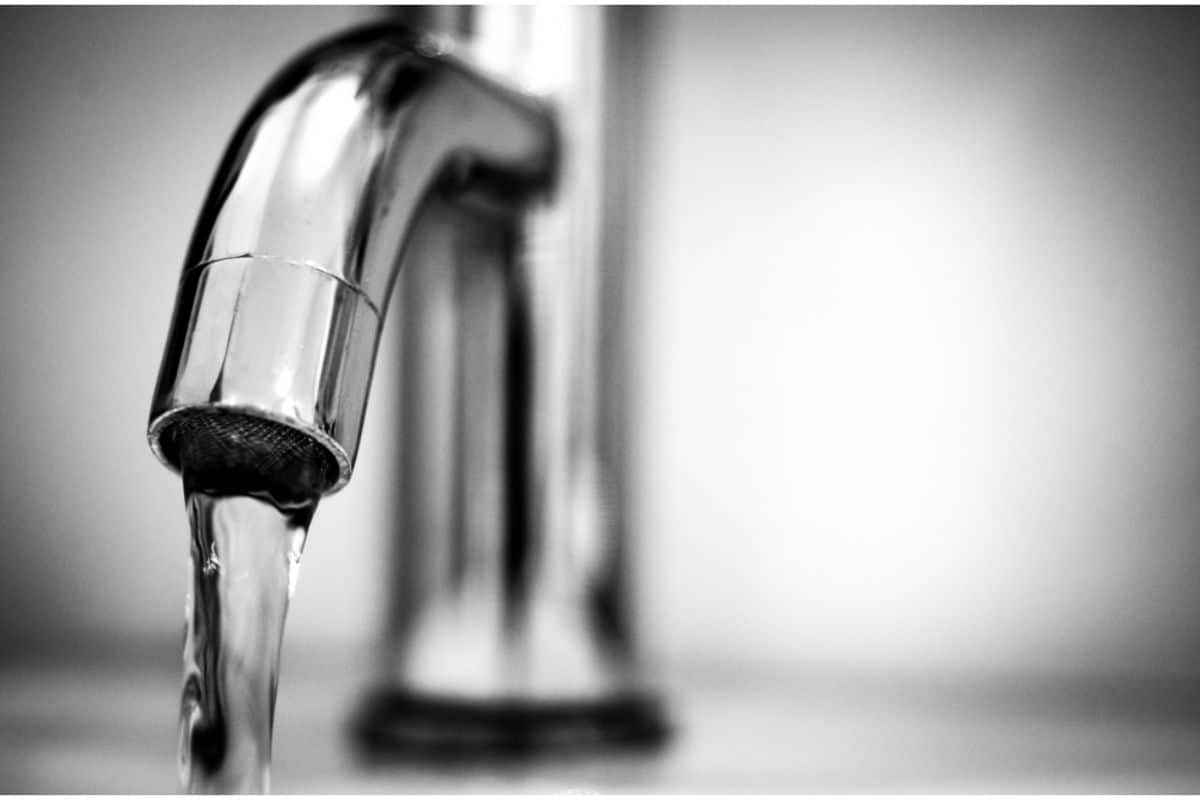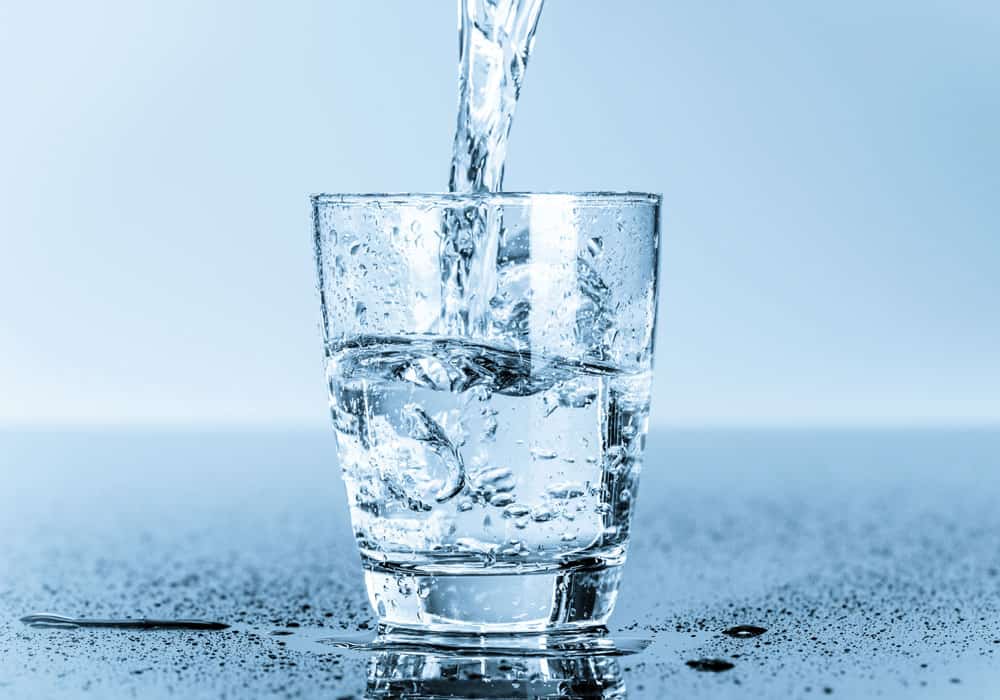Drinking tap water can be a good idea, and many people always do it. But for those sensitive to certain chemicals in tap water, it’s best to avoid it altogether.
Chicago is one of the most densely populated cities in the world, so can you drink tap water in Chicago? If you’re visiting Chicago, the answer is yes – you can drink the tap water.
Chicago’s water system is one of the most advanced in the world, and it meets or exceeds all federal and state guidelines for quality and safety. In this article, we’ll dispel some myths about Chicago tap water and tell you how to find the best drinking water in the city.
Contents
Where does Chicago tap water come from?
Chicago’s water comes from Lake Michigan. The city has an extensive system of water treatment plants and filters that clean the water before sending it to homes and businesses.
Chicago also has tunnels and aqueducts that transport water from the lake to the treatment plants. Once treated, it’s pumped through a network of pipes to homes and businesses throughout the city.
How does Chicago clean its tap water?
The average person uses about 80-100 gallons of water daily for cooking, cleaning, and other activities. That’s a lot of water. In most cities, including Chicago, tap water comes from reservoirs or lakes.
The water is then treated at a water treatment plant before being sent to homes and businesses through a network of pipes. The water is filtered and disinfected at the treatment plant to remove impurities and make it safe to drink.
The filtration process removes dirt, rocks, and other particles from the water, and the disinfection process kills harmful bacteria and viruses.
Chlorine is often used for this purpose. Once the water has been treated, it is stored in a holding tank until it is ready to be sent to homes and businesses.
Tap water in Chicago is safe to drink. The city’s drinking water meets or exceeds all state and federal safety standards. Chicago’s tap water consistently ranks among the best-tasting water in the United States.
Who regulates Chicago water?
The two main organizations that regulate Chicago water are the Environmental Protection Agency (EPA) and the Chicago Department of Water Management (CDWM). Both organizations ensure that Chicago’s water is clean and safe to drink.
Algae can sometimes grow in the water during the hotter months, giving it an unpleasant taste. Tests often find lead, pesticide, and manufacturing residues in the water.
Although the EPA and CDWM work to keep these levels low, they believe there is no safe level of lead exposure. As a result, residents need to be aware of these potential contaminants and take steps to protect themselves.
Is there lead in Chicago water?
In recent years, there has been increasing concern about the presence of lead in drinking water. Lead is a toxic metal that can cause various health problems, including brain damage, developmental delays, and organ damage.
While most sources of lead exposure have been eliminated, lead pipes and solder continue to be a problem in many older homes.
In Chicago, the issue came to a head in 2020 when EPA’s ECHO Database revealed that over 90% of samples from Chicago water were below or at about 0.0091 mg/L of lead concentration. This is about 60.7% of the 0.015 mg/L action level. This means that there is lead in the water, but it’s not at a level that’s considered dangerous.
Are there PFAS in Chicago tap water?
Chicago’s tap water may or may little amounts of PFAS, but unfortunately, there is no easy way to know for sure. Testing for PFAS isn’t mandated nationally, so many water utilities don’t bother testing for it. And even if they test, they’re not required to share the results with the public.
However, there are many potential sources of PFAS in tap water across the US. The best information about PFAS in Chicago water is this EWG map. It shows that PFAS has been found in water samples in Chicago.
It’s possible that other sites have also been contaminated but haven’t been tested yet. So what can you do to protect yourself? The best solution is to purify your water using a home filtration system or bottled water. It’s better to be safe than sorry about your family’s health.
Should Chicagoans filter their drinking water?
Yes, we believe that Chicagoans should filter their drinking water. While the city’s water meets or exceeds all state and federal safety standards, there are still potential contaminants that can be found in the water. These include lead, PFAS, and other chemicals. With water filter installation, you and your family can drink clean, safe water.
What’s the best way to filter Chicago tap water?
There are a few different ways you can filter Chicago tap water:
- One option is to use a whole house filtration system. These systems are installed on your home’s main water line and filter all the water that comes into your home. This is a great option if you’re worried about lead.
- Another option is to use a point-of-use (POU) filtration system. These systems are smaller and can be installed under your kitchen sink or fridge. They’re less expensive than whole-house systems, but they only filter the water you use for drinking and cooking.
- If you’re looking for a more affordable option, pitcher filters are the best. These filters are placed in your fridge and will filter the water as you pour it into your glass. However, they will need to be replaced more often than other filters.
### Recent Concerns Chicago, IL Tap Water Quality
In recent months, concerns have arisen regarding the quality of tap water in Chicago, IL. Notably, elevated levels of lead have been detected in certain areas, prompting widespread public concern. Affected neighborhoods include parts of the South and West Sides, where aging infrastructure exacerbates the problem. The City of Chicago has acknowledged these issues and is actively working to address them. Measures include increased testing, public education campaigns, and efforts to replace lead service lines. The Chicago Department of Water Management has also collaborated with the Environmental Protection Agency to ensure compliance with safety standards and protect public health. These actions aim to mitigate the risks associated with contaminated drinking water and restore public confidence.
Chicago residents raise concerns about lead in tap water
https://www.chicagotribune.com/news/breaking/ct-lead-water-chicago-20230920-tk6jh7f5ofgt7j3aw2k5g6j3he-story.html
City of Chicago initiates lead pipe replacement program
https://www.nbcchicago.com/news/local/chicago-lead-pipe-replacement-program/3087462/
Chicago Water Department increases testing amid contamination fears
https://abc7chicago.com/chicago-water-lead-testing-contamination/13597372/
EPA collaborates with Chicago on tap water safety
https://www.epa.gov/newsreleases/epa-partners-chicago-improve-water-quality
Final thoughts
Chicagoans have been drinking tap water for years, and it’s safe. The EPA has classified Chicago’s water as complying with all regulations. However, there are still potential contaminants present in the water. These include lead, PFAS, and other chemicals. The best way to protect yourself and your family is to filter Chicago tap water.
Related Reading:
